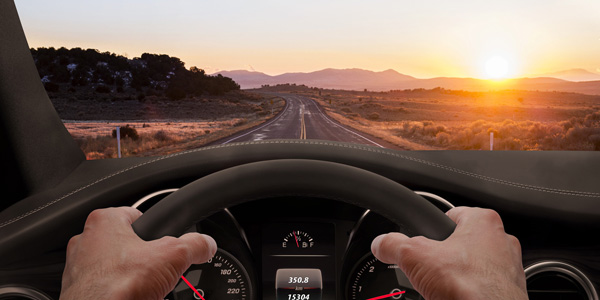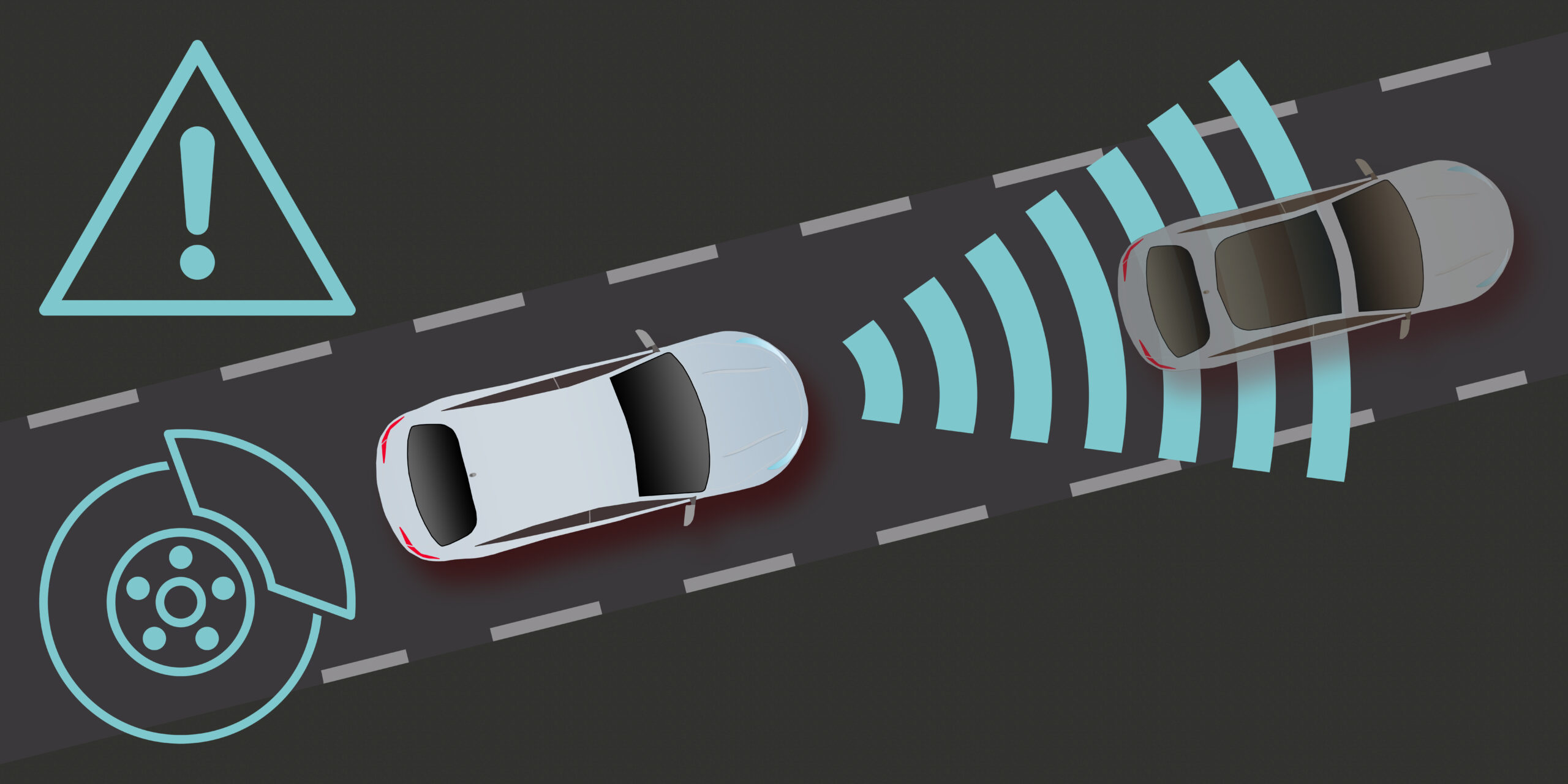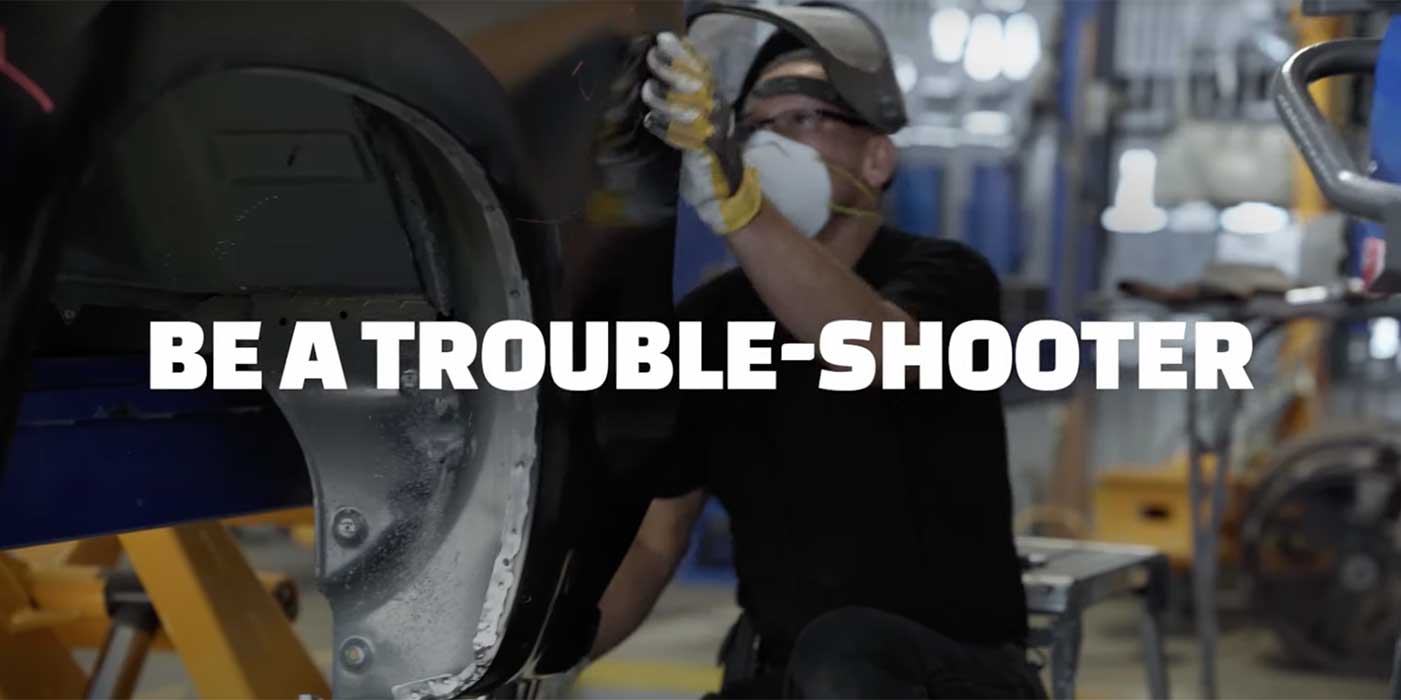
A few years ago, I attended a workshop where the speaker said that autonomous technology was going to be here much sooner than people think. I think he was right and wrong. Right in that yes, it is here. Wrong in that we are still light years away from a human being reading the paper as their vehicle drives them to work. And I can’t help but feel that the projections may go out further now that autonomous technology has taken a hit. Every time a Tesla crashes because someone placed too much trust in its self-driving capabilities, another seed of doubt is planted. And that’s not to mention the recent 737 Max disasters, which also raised questions about autonomous technology.
I read an article recently that had a headline that really grabbed my attention: “Don’t Be Fooled by Elon Musk’s AI Hype.” The writer took Musk to task on Musk’s assertion that Tesla’s cars would be fully autonomous by the end of 2020, meaning people could literally sleep at the wheel as their car drives them to their destination. His point was that it could still take decades of research and computer evolution before we have anything remotely resembling human-level autonomous driving.
How does this affect us? Well, I don’t think we have to worry about the number of crashes going down significantly anytime soon. It’s still the case that nothing beats the human brain when it comes to processing the gazillion scenarios that present themselves while driving. We’re a long ways away yet.














